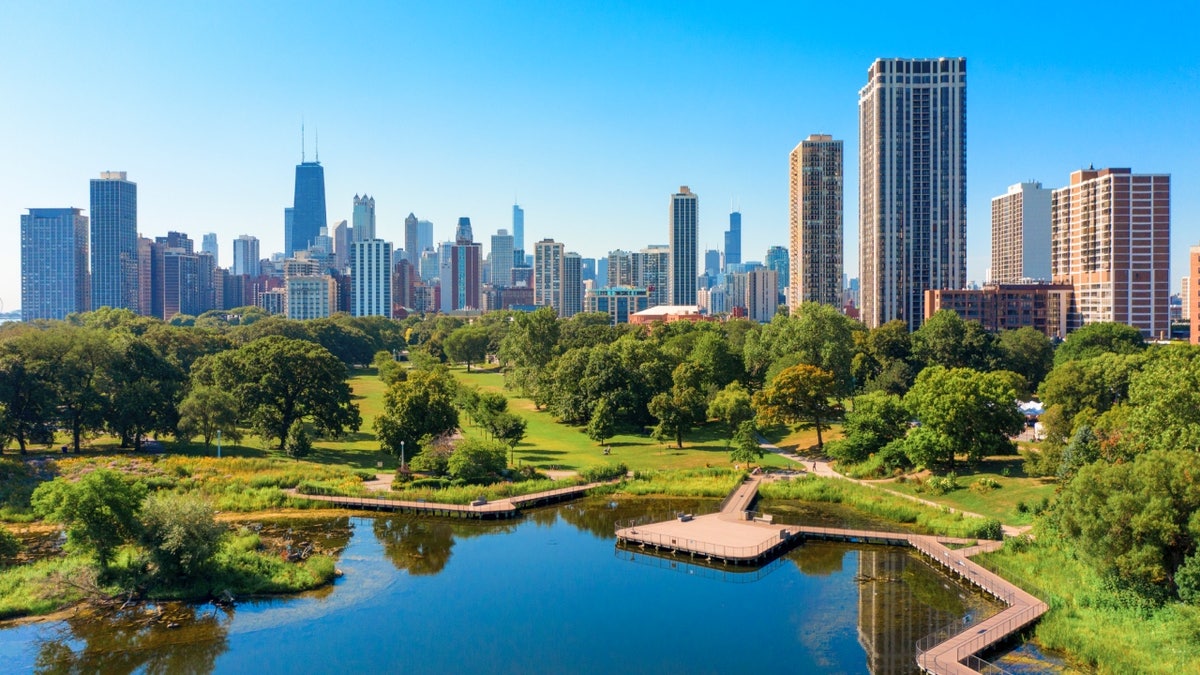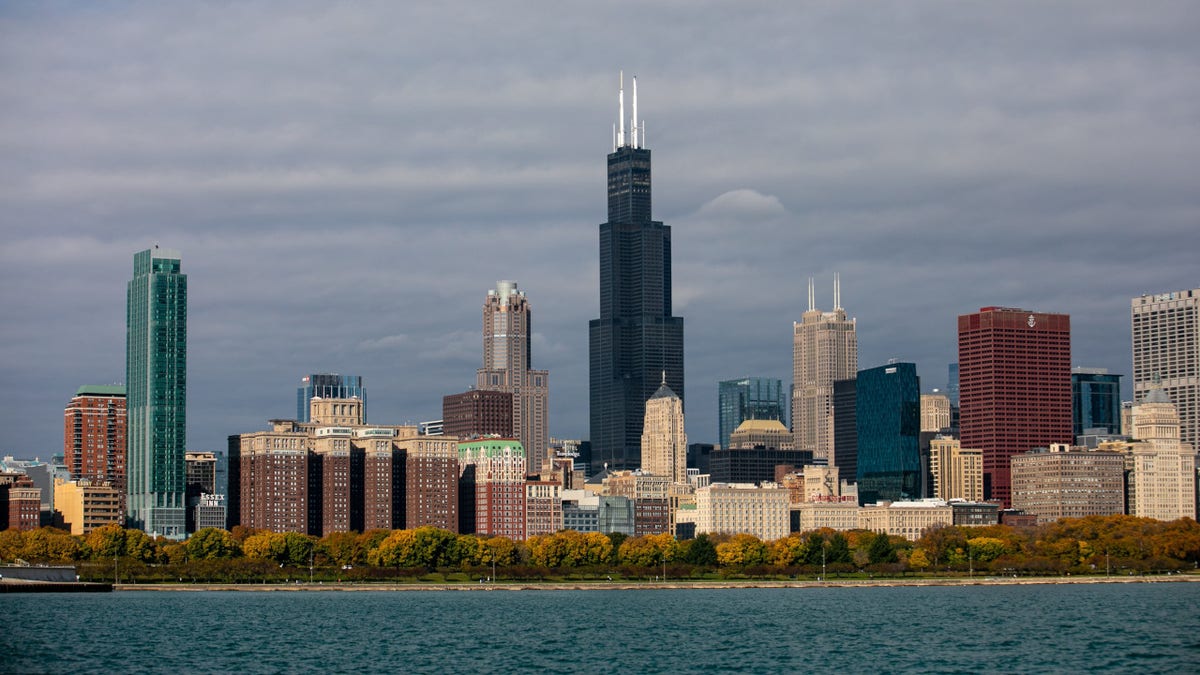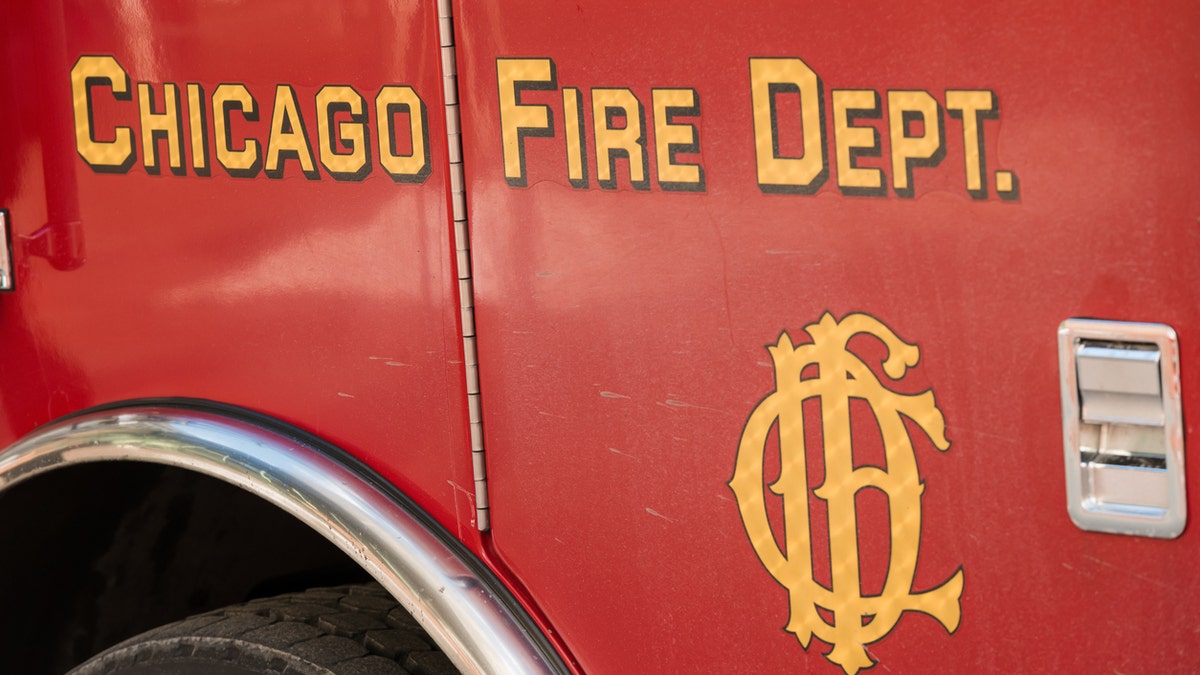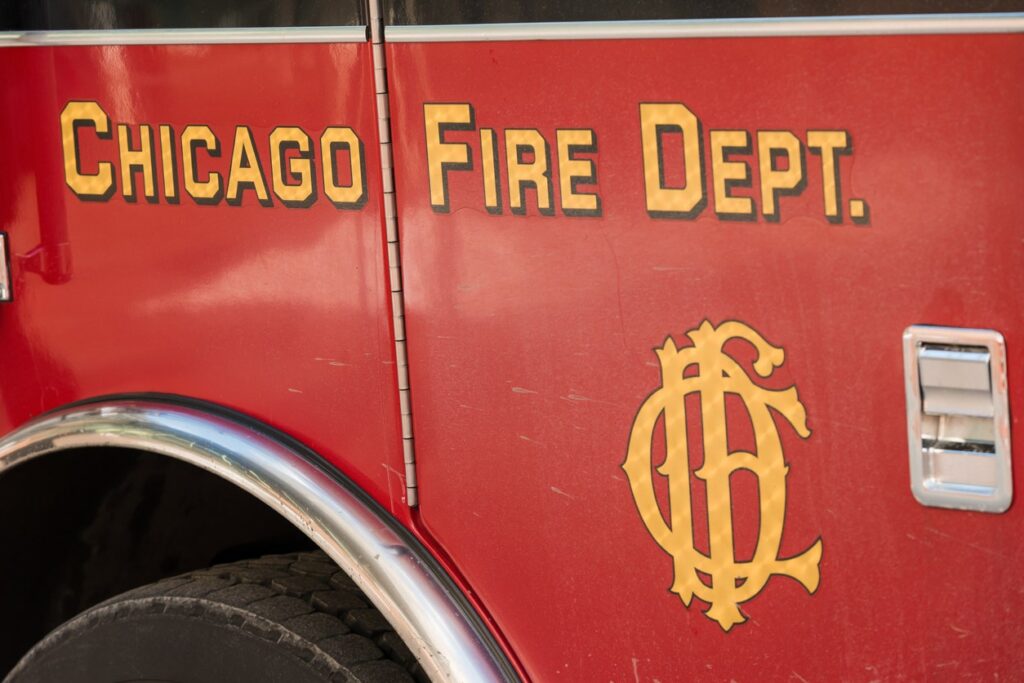A devastating fire broke out in a barn on the southwest side of Chicago, Illinois on this day in history on Oct. 8, 1871.
Known as The Great Chicago Fire, the blaze burned through the heart of the Windy City, killing 300 people and leaving one-third of the city’s population homeless, according to National Geographic.
In addition to the loss of life, the fire burned from Oct. 8 to Oct. 10, 1871, destroying thousands of buildings causing an estimated $200 million in damages, according to History.com.
ON THIS DAY IN HISTORY, OCTOBER 7, 1916, GEORGIA TECH FOOTBALL BEATS CUMBERLAND 222-0
Legend has it that a cow kicked over a lantern in a barn owned by the O’Leary Family at 137 DeKoven Street on the southwest side of Chicago.
However, other theories said it could have been due to human causes or even a meteor, the same source said.

A view of Chicago’s Lincoln Park. Legend has it that a cow kicked over a lantern in a barn owned by the O’Leary family on the southwest side of Chicago in October 1871. However, other theories cite human causes or even a meteor. (pawel.gaul via Getty Images)
The exact cause of the original barn fire was never officially determined, according to multiple sources.
The conditions that year included a devastatingly hot and dry summer — which resulted in countless smaller fires across the city, and Wisconsin’s own devastating Peshtigo Fire, according to Smithsonian Magazine.
“The Chicago blaze was so powerful that ‘fire devils,’ or vortexes of flames, would spin across buildings and jump to new blocks setting new structures alight,” said the same source.
The disaster prompted an outbreak of looting and soldiers were summoned to the city to contain the lawlessness.
From there, the fire spread north, leaping across the river not once but twice, according to The Chicago Sun-Times.
“It burned across downtown and then headed for the North Side. Finally, on Oct. 10, firefighters extinguished the inferno,” the same source chronicled.

Fall colors blanket the ground of the skyline of Chicago with Lake Michigan in the foreground in downtown Chicago, Oct. 16, 2022. (Vincent D. Johnson/Xinhua via Getty Images)
The disaster prompted an outbreak of looting and soldiers were summoned to the city to contain the lawlessness in Chicago.
Despite the fire’s devastation, much of Chicago’s physical infrastructure, including its transportation systems, remained intact, History.com indicated.
ON THIS DAY IN HISTORY, JULY 20, 1968, THE FIRST SPECIAL OLYMPICS ARE HELD IN CHICAGO
Chicago’s reconstruction efforts commenced quickly and spurred strong economic development as architects laid the foundation for a modern city featuring skyscrapers, the same source recounted.
In 1872, the City of Chicago mandated the use of fire-resistant materials, such as bricks, in the use of all buildings.
Department stores and offices crowded into the central area as well, and industrial growth along the river branches and rail lines was equally as impressive, Britannica noted.
In 1872, the City of Chicago mandated the use of fire-resistant materials, such as bricks, in the use of all buildings, according to The Chicago Tribune.
CLICK HERE TO SIGN UP FOR OUR LIFESTYLE NEWSLETTER
At the time of the fire, Chicago’s population was approximately 324,000; within nine years, there were about 500,000 residents in Chicago, reported History.com.

The Chicago Fire Department’s training academy is currently located on the site of the O’Leary property where the Great Chicago Fire started. (Chicago Fire Department)
By 1890, the city was a major economic and transportation hub with an estimated population of more than one million people, according to History.com.
The Chicago Fire Department training academy is currently located on the site of the O’Leary property where the Great Chicago Fire started.
For more Lifestyle articles, visit www.foxnews.com/lifestyle
In 1997, the Chicago City Council passed a resolution exonerating Catherine O’Leary, an Irish immigrant who died in 1895, and her cow, said the same source.
https://www.foxnews.com/lifestyle/this-day-history-october-8-1871-great-chicago-fire-erupts-killing-300-people


